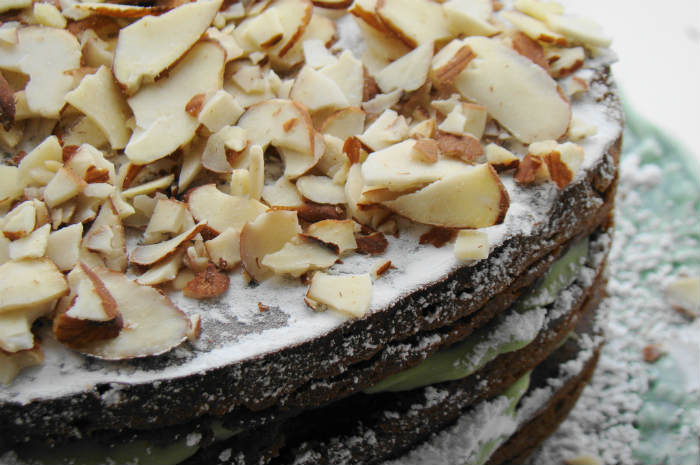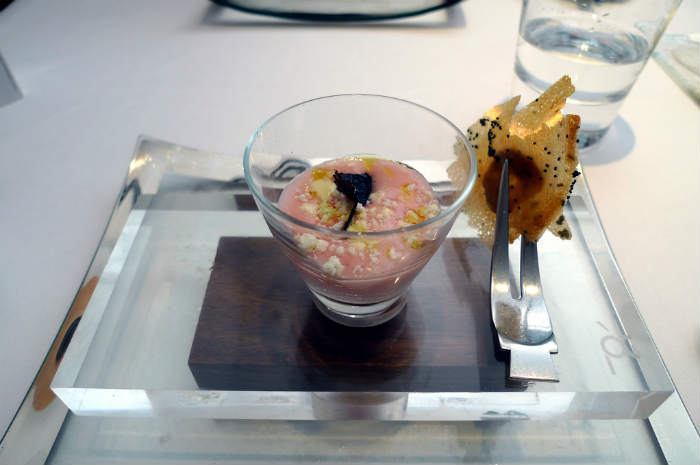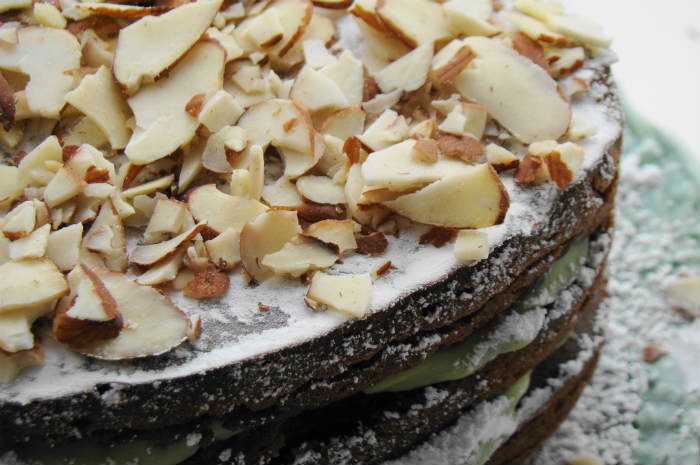7 French Food Terms You Should Know
We're all familiar with the experience of sitting down at a table at a French restaurant after a long wait, scanning the menu and... wait, what's that? Is it vegetarian? I like all the other things in this dish, but what if this mystery ingredient makes it taste weird? You take out your phone to Google it, or decide to wait until your server arrives to ask him or her to enlighten you.
Imagine going to a restaurant and not having to do that. Instead of fumbling for your phone, you can impress your guest with your gourmand's tongue. This list gives you the very basics of a French menu, as well as a few terms you might not come across too often — but when you do, you'll look even more impressive.
Click Here For 7 French Food Terms You Should Know Slideshow
Amuse-Bouche
This is a term you should know not necessarily because you'll come across it very often, but because it is a linguistic delight: it translates to "mouth amuser." This is traditionally a very small course — just one or two bites — that the chef sends to the table shortly after you sit down. You'll most often see it in very high-end restaurants.
Amandine
Amandine indicates a dish that has been sprinkled with almonds. It may not seem essential, but if you or your dining companion has a nut allergy, you'll definitely want to know this word.


